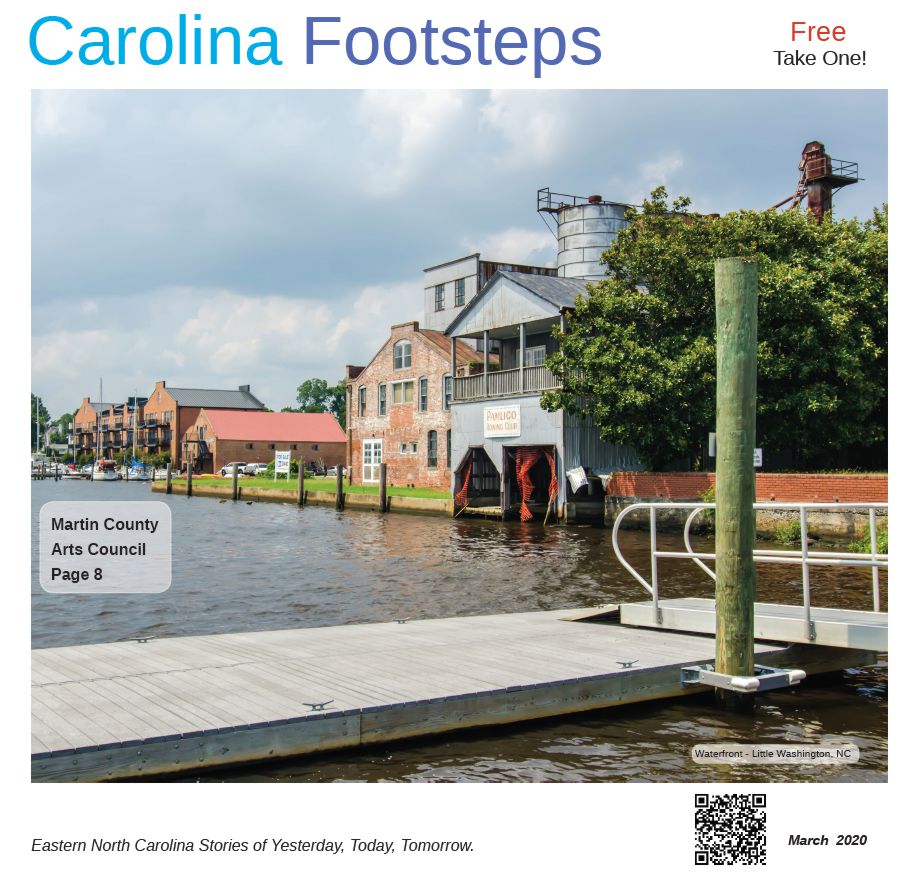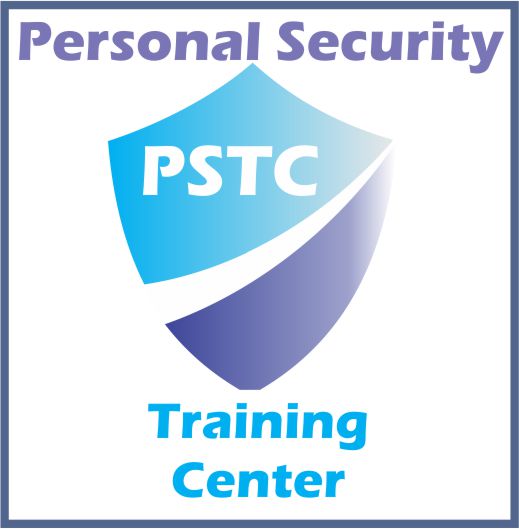In the event that you are forced to shoot someone in self-defense, there are several things you must do. What you do and say now will determine whether you go home, to jail, or even prison. What seemed like a clear-cut case of self-defense to you may not appear so to an anti-gun prosecutor, judge, jury, or family of the decedent.
The first thing you should do is make sure your attacker is no longer a threat. Do not fire extra shots once the attacker is down. If you can get a safe distance away, do so as soon as possible. If you cannot get away, then make sure his weapon cannot be used against you further. Avoid contaminating it with your fingerprints. You may want to render first aid only IF you can safely do so. Double check that your weapon's safety is on. Holster your weapon, and conceal it (if you have a CCW permit). There is no need to cause further excitement and panic by waiving a gun around.
Pause for a minute and collect your thoughts. 911 calls are recorded, and anything you say may very well be used against you.
Call 911. Tell them where you are, that someone attacked you, that you feared for your life, and you shot them. Tell them that you need an ambulance and the police. Describe yourself so the police will not mistake you for the attacker or an accomplice. Feel free to repeat that you need an ambulance for a gunshot, and the police, etc., and give any helpful information to allow the responders to find you. But, DO NOT repeat details of the shooting. If the operator insists on talking about the details, just tell them that you need to go, and hang up. If you repeat any details, there is a risk that you will make an inconsistent statement on tape, that might later be used against you.
While you are waiting for the police, call your attorney. Try to have the conversation in private if possible. Anything that anyone overhears may be used against you. Look for witnesses. Get names, addresses, phone numbers. If they are uncooperative, take pictures of them with your cell phone. Take pictures of the scene as well. Look for any surveillance cameras and determine who they belong to.
When the police arrive, meet them in a non-aggressive manner. Do not make any moves for your wallet, and certainly not for your weapon. Identify yourself, and tell the officer where the weapon is. Cooperate fully in providing your ID, your CCW permit, and surrendering the weapon.
Respectfully decline to discuss what happened without first having an attorney present. The police may not want to take that for an answer, but you must firmly, respectfully stand your ground on this. If you cannot reach an attorney until the next morning, then take it in stride. Spending one night in jail beats spending life in prison. KEEP YOUR MOUTH SHUT! Jails are full of people who will use anything they can to get themselves out of trouble. These characters are famous for taking one tiny detail that you provide, and stretching it into whatever story the police want to hear.
Discuss the case ONLY with your attorney. Stay off social media. Don't discuss it with your friends. Don't give interviews to the press. Stay out of the public if you possibly can. Remember, it's not just the police who are a potential threat. The decedent's family may be filing a wrongful death civil action against you, and they are looking for evidence as well. Finally, there is the possibility of violence from the decedent's family and friends.
Get used to the idea that this may very well be unresolved for the rest of your life, and deal with it. There is no statute of limitations for felonies in NC. You may very well need counseling from a psychiatrist or a minister. Seek that help if you need it. Both are covered by evidentiary privilege. Dont ever assume that it is safe to talk about it outside of a protected setting.
AFTER THE SHOOTING--WHAT DO YOU DO NOW?
 Reviewed by kensunm
on
7:00:00 PM
Rating:
Reviewed by kensunm
on
7:00:00 PM
Rating:
 Reviewed by kensunm
on
7:00:00 PM
Rating:
Reviewed by kensunm
on
7:00:00 PM
Rating:








No comments: